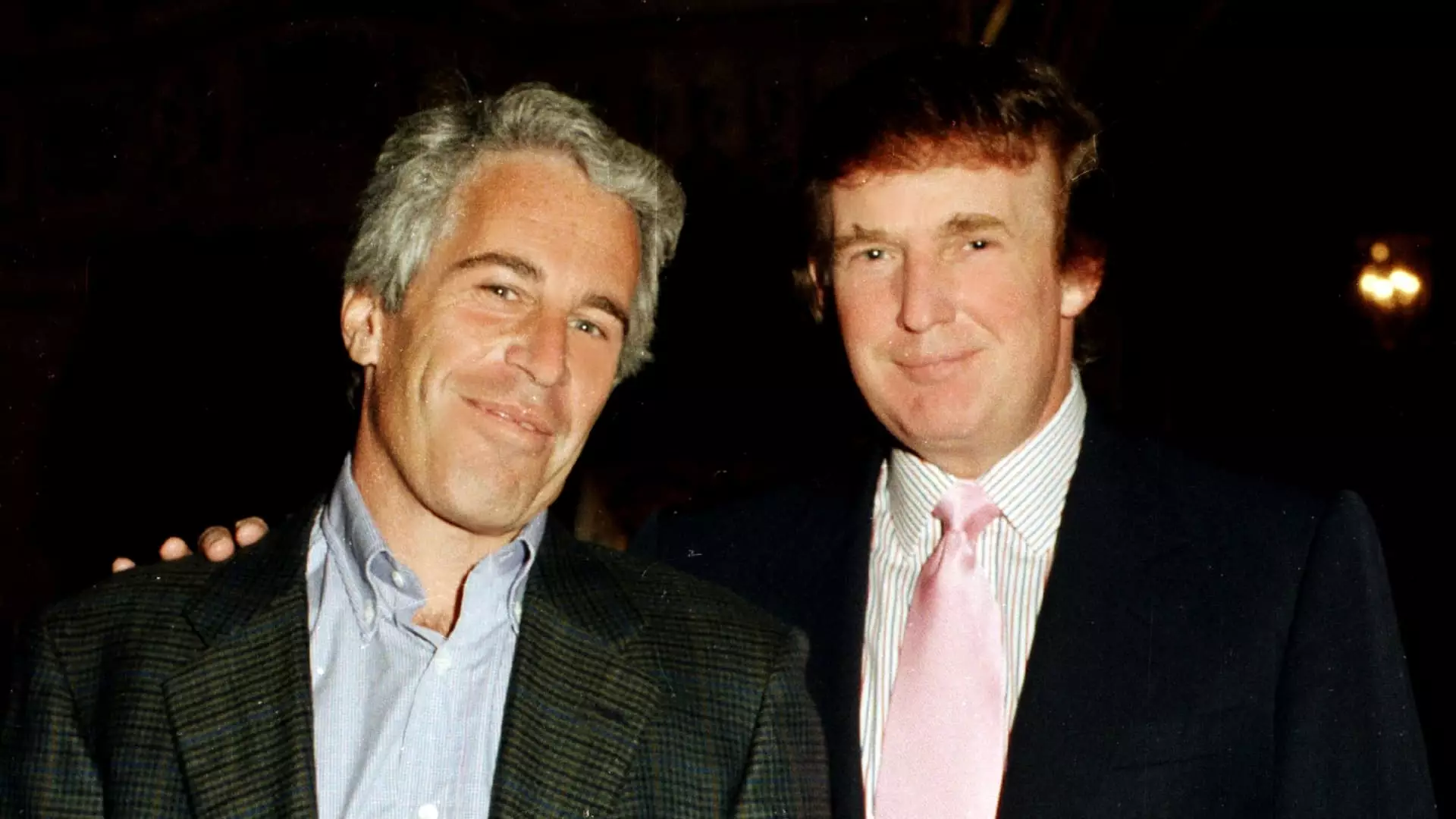The recent denial by Judge Richard Berman to unseal grand jury materials related to Jeffrey Epstein’s criminal case underscores a troubling pattern: the relentless efforts of government authorities—across administrations—to shield their own involvement and prevent full transparency. Instead of embracing accountability, they prefer to obscure, defer, and dismiss the overwhelming body of evidence that potentially exposes systemic failures or complicity. This stance is alarming because it reveals a government more invested in protecting its reputation than in pursuing truth, especially in a case marred by accusations of sexual exploitation, political connections, and powerful elites.
The government’s claim that they have already amassed a “trove” of Epstein-related documents—about 100,000 pages—appears less like a display of transparency and more like a shield against scrutiny. As Judge Berman astutely pointed out, the sheer volume of existing files dwarfs the limited grand jury materials in question. This suggests a strategy: pack the evidence away in an intimidating mountain of files, making the unsealing of specific documents seem inconsequential or unnecessary. The assumption that more information automatically equates to justice disregards the critical importance of accessible evidence in fostering accountability. Secrecy, in this context, becomes a tool for avoiding uncomfortable truths, especially when powerful individuals might be implicated.
What is even more troubling is the narrative of deceit pushed by some government officials who argue that release of these records would illuminate Epstein’s crimes or those of his associates. Historical and recent precedents show this to be a false premise—these files, in fact, have the potential to shine a glaring light on corruption, abuse, and perhaps even political complicity. By preventing their unsealing, authorities may inadvertently endorse a culture of impunity where the rich and influential operate with little fear of repercussions, hindering the broader societal goal of justice.
Political Interference Wearing Disguise of Legal Rigor
The political dimension of this legal controversy cannot be overlooked. President Trump’s initial promise to declassify Epstein-related files stirred expectations among the public and victims’ advocates. Yet, subsequent actions contradicted these promises, revealing a calculated move rooted more in political optics than in genuine pursuit of justice. The Trump administration’s blocking of these records, justified under the guise of legal and investigative protocols, increasingly appears as an act of political shielding rather than a reasoned legal position.
The repeated refusals by multiple judges—each citing similar reasons—highlight a systemic resistance to transparency, regardless of party politics. The Florida judge’s statement that law does not permit unsealing and Judge Engelmayer’s criticism of the administration’s false premises reflect a legal system struggling against attempts at political interference. Their decisions signal a recognition that the true danger lies not in releasing the documents but in allowing political motives to serve as barriers to truth.
Furthermore, allegations of influence, such as the FBI being instructed to “flag” Trump mentions in Epstein files, deepen suspicions about how political favoritism and connections might have affected what information is allowed to surface. These whispers of possible interference threaten to undermine trust in institutions meant to uphold justice and transparency, especially when the need for accountability is most critical.
The Broader Implications: Power, Secrecy, and Public Trust
The ongoing battle over Epstein’s files exemplifies a broader issue: the societal tendency to regard powerful individuals as above scrutiny. This case exposes how political and institutional interests often override the public good, fostering a dangerous environment where the truth is sacrificed on the altar of reputation and power.
In a healthy democracy, transparency must be prioritized over secrecy, especially in cases involving allegations of severe misconduct by influential figures. Denying access to data that could potentially implicate powerful elites perpetuates a cycle of mistrust and cynicism. It signals that justice is negotiable and that accountability is conditional, contingent on political convenience rather than moral or legal obligation.
The resistance to unsealing these documents serves as a stark reminder that, even in the face of overwhelming evidence, interests aligned with the powerful often seek to maintain their status quo. This defiance erodes faith in institutions designed to serve the public interest and hints at a troubling future where secrecy becomes the standard armor for those seeking to evade consequences.
The Epstein case, with its tangled web of influence, privilege, and suppression, underscores the necessity for an unwavering commitment to transparency. Only through persistent pressure and unwavering demand for openness can society begin to dismantle the barriers that protect the powerful while leaving victims voiceless and justice unfulfilled.


Leave a Reply